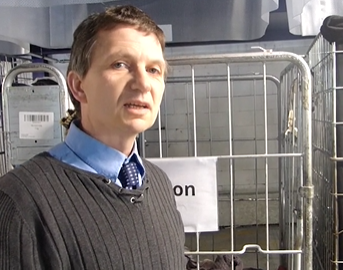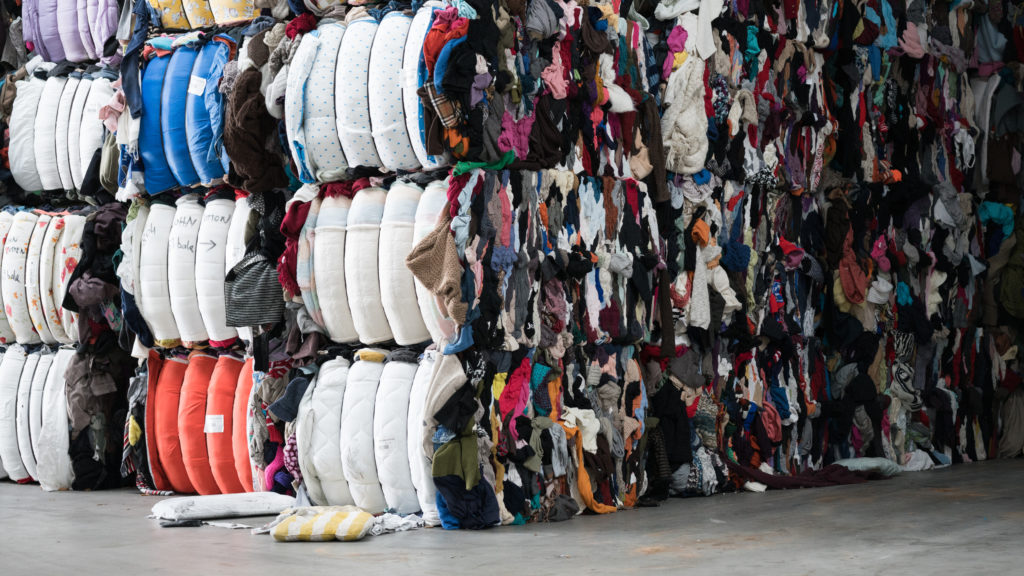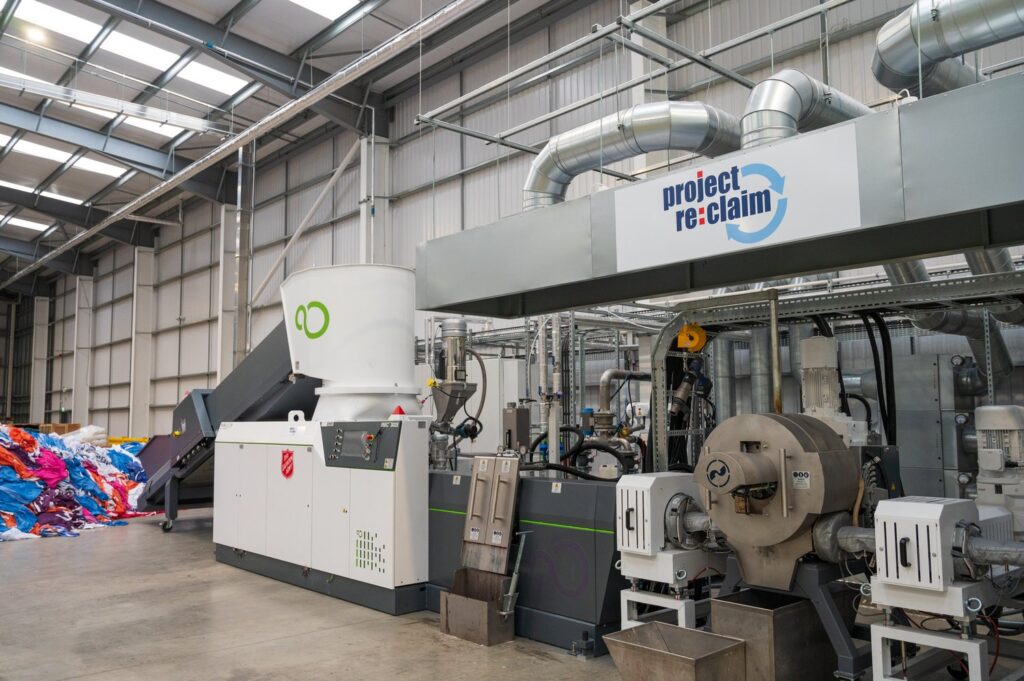As part of its Waste Prevention Programme, Defra said the scheme would ensure the industry “contributes to the costs of recycling”.
In its consultation document for the programme Defra added that it will consider EPR alongside measures such as a landfill/incineration ban, separate textiles collection requirements, and the ecodesign and information requirements to drive action higher up the waste hierarchy.

In response, Alan Wheeler, director of the Textile Recycling Association called upon stakeholders from across the UK clothing supply chain to “work together to deliver a truly robust and sustainable UK fashion and textile industry”.
“If we are serious about tackling climate change and the other problems such as water scarcity, tackling water pollution and micro-fibres release in our seas and oceans, we need to make significant interventions in the current business models that benefit sustainable practices and give them a business advantage over those that refuse to act,” he said.
Mr Wheeler added: “EPR and the other business models that are being considered could go some way to achieving this”.
Standards
Alongside pledging to consult on EPR for textiles, the government also hinted at introducing a minimum set of standards for new clothes.
These powers will enable the government to set minimum standards for textile products and introduce requirements for improved labelling and consumer information focused on durability, reparability, recyclability, and recycled content as well as production impacts.
“We are considering introducing requirements for improved labelling and consumer information, for example on recyclability and recycled content, conditional as with other policies on analysis of consumer and other impacts,” Defra said in the consultation document.
Quality
According to Mr Wheeler, minimum standards will be welcome as the quality of used clothing has been a big issue for textile recyclers since the “explosion” of fast fashion in the 21st century.
“The current markets for recycling grades are small in size and low in value”
“The current markets for recycling grades are small in size and low in value. It is value of re-usable clothing that keeps this sector going, but with fast fashion expanding, the ratio of re-use to recycling grades has shifted significantly and this put pressure on profit margins. By setting minimum standards to ensure that clothing lasts longer and that it is designed for recycling in mind, this could help address some of these issues,” Mr Wheeler said.
Voluntary
Alongside the pledges for EPR and minimum standards, the Waste Prevention Programme also announced plans to “galvanise ambitious industry action” through a new voluntary agreement for textiles.

Defra said this would build on the Sustainable Clothing Action Plan 2020 (SCAP).
Defra says it has been working with WRAP and industry through the Textiles 2030 Advisory Group to develop the new agreement to “place greater emphasis on reducing waste, aligning with global goals and driving the shift to a more resource efficient textiles sector in the UK”.
In response, Mr Wheeler said: “By taking a collective and collaborative approach, I am confident that we can put together some globally leading robust business models that sustainable clothing and textile actors will support and be able to work with.
“This will help to substantially reduce the carbon and water impacts of the sector and deliver a substantially circular economy supply chain. I also hope that the sector will be in a position to showcase the progress we are making to the world when the UK host the COP26 UN Climate Change Summit in November”.











Subscribe for free